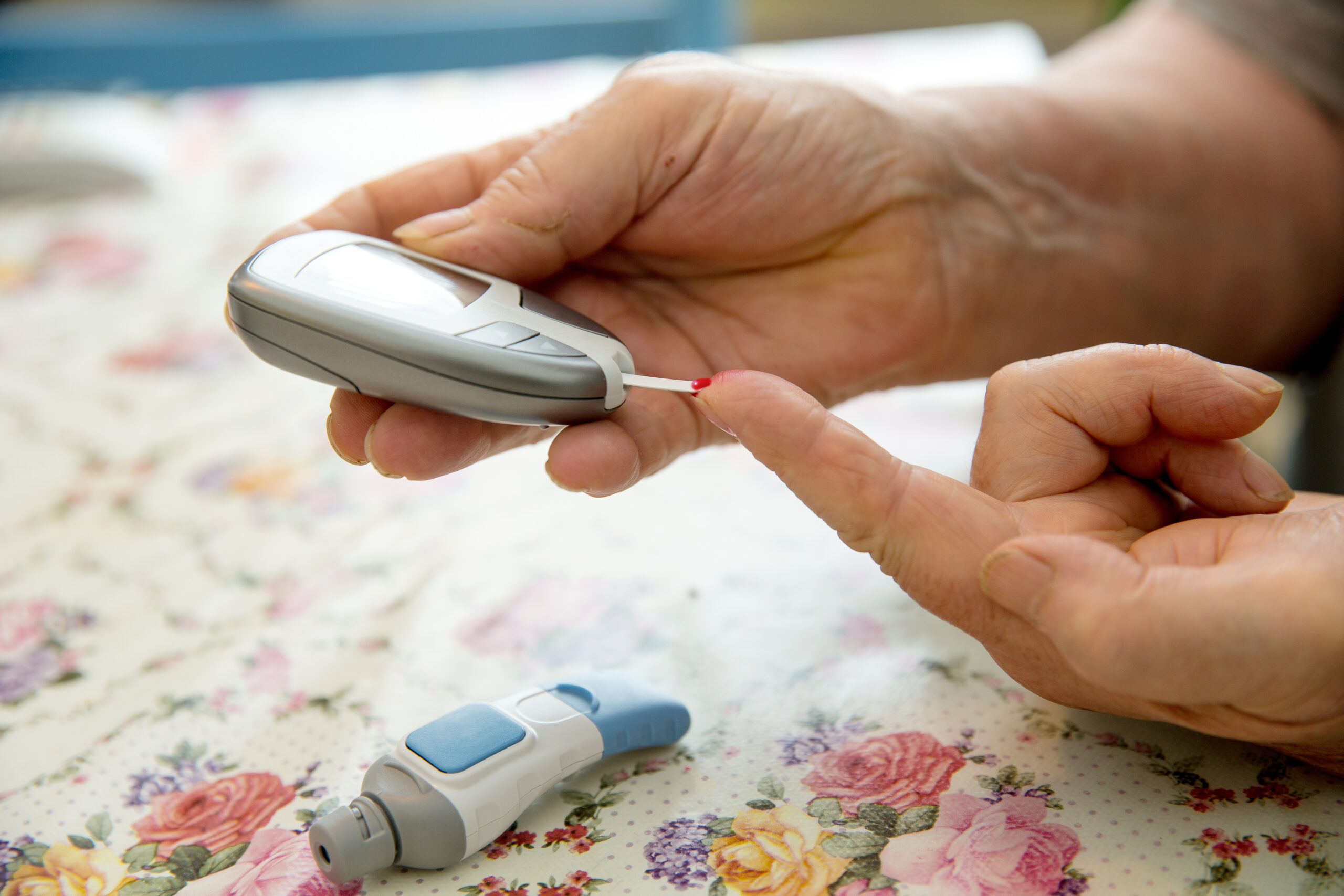Table of Contents

A common type 2 diabetes medication has shown unexpected promise in treating prostate cancer, potentially offering a dual-purpose therapy that could revolutionize treatment approaches for millions of men.
At a Glance
- Swedish researchers discovered that diabetes medications, particularly pioglitazone, may help prevent prostate cancer recurrence and slow disease progression
- Prostate cancer patients with diabetes who received PPARγ-targeting drugs showed no cancer recurrence during the study period
- The diabetes drugs work by interfering with cancer cell survival mechanisms and inducing metabolic reprogramming that weakens cancer growth
- These medications are already FDA-approved with well-understood safety profiles, potentially offering a cost-effective treatment option
- Further clinical trials are needed to confirm findings and determine optimal dosing for non-diabetic patients
The Unexpected Discovery
Prostate cancer remains one of the most common cancers affecting men, with recurrence being a significant challenge for many patients after initial treatment. However, a groundbreaking discovery from researchers at Umeå University in Sweden has revealed that certain medications used to treat type 2 diabetes may have powerful anti-cancer properties. The research focuses primarily on pioglitazone, a diabetes drug that targets a protein called PPARγ, which plays a crucial role in metabolic processes and insulin sensitivity.
The international research team found that pioglitazone does more than just control blood sugar—it appears to inhibit prostate cancer cell growth and induce metabolic changes that weaken cancer cells. This unexpected finding suggests that medications already in widespread use for one condition might be repurposed to treat another, potentially saving years of drug development time and millions in research costs.
How Diabetes Drugs Fight Cancer
The research included laboratory experiments, mouse studies, and a retrospective analysis of 69 prostate cancer patients with type 2 diabetes. Scientists discovered that pioglitazone works against cancer through multiple mechanisms. It interferes with cancer cells' ability to survive and multiply after treatment, essentially making them more vulnerable to existing cancer therapies. Additionally, the drug induces what researchers call "metabolic reprogramming," changing how cancer cells process energy and thereby weakening their growth potential.
Another diabetes medication showing promise is metformin, which is even more widely prescribed than pioglitazone. Research from the University of Toronto indicates that each additional six months of metformin use after a prostate cancer diagnosis is associated with a remarkable 24% decrease in the risk of dying from the disease. Metformin may directly affect cancer cells by disrupting their energy-generating processes and influencing cellular signaling pathways that lead to cancer cell death.
Cost-Effective Treatment with Established Safety
One of the most compelling aspects of this discovery is the cost-effectiveness and established safety profile of these medications. Metformin, available as a generic drug, can cost as little as $5 for a month's supply. Pioglitazone, while slightly more expensive, is still far less costly than many cancer medications. Both drugs have been prescribed to millions of diabetes patients worldwide, meaning their side effect profiles are well understood and documented.
Currently, over 60 clinical trials are investigating metformin's efficacy in treating various cancers, including prostate cancer. The Metformin Active Surveillance Trial (MAST) is specifically looking at whether the drug can delay the need for primary prostate cancer treatment in men with early-stage disease. This repurposing of existing medications represents a potentially faster path to new cancer treatments compared to developing drugs from scratch—a process that typically takes over a decade and billions of dollars.
Looking Ahead: Challenges and Potential
Despite the promising results, several hurdles remain before these diabetes medications become standard treatments for prostate cancer. There are some safety concerns about pioglitazone specifically, including potential links to bladder cancer and other adverse effects that need careful consideration. Additionally, while the results in diabetic patients with prostate cancer are encouraging, researchers still need to determine if the same benefits would apply to non-diabetic prostate cancer patients.
The discovery highlights the value of cross-disciplinary approaches in medical research. By looking beyond traditional boundaries between medical specialties, researchers have potentially uncovered a new paradigm in cancer treatment—one that could lead to innovative dual-purpose therapies addressing both metabolic disorders and cancer simultaneously. For the millions of men facing prostate cancer diagnoses each year, this unexpected connection between diabetes medication and cancer treatment offers new hope for more effective and accessible treatment options.
AD
Most Recent
AD
